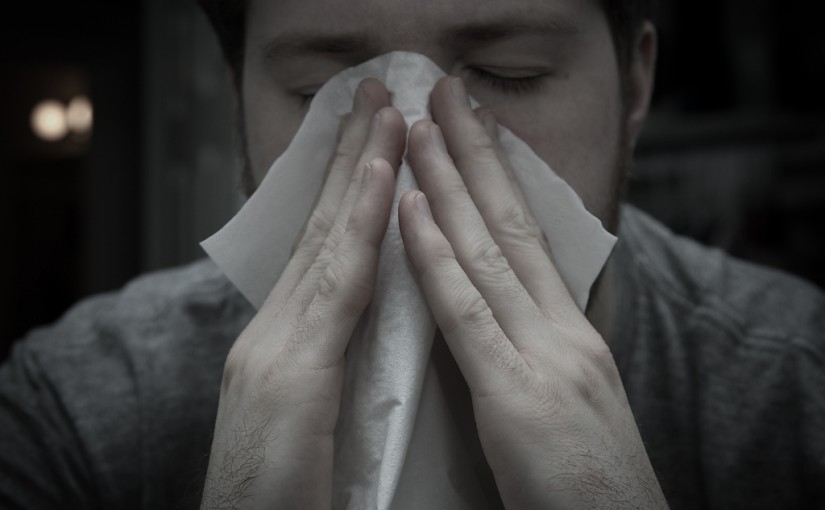Spring means sunnier days, warmer weather, blooming flowers … and for some, the unpleasantness of seasonal allergies.
From stuffy noses to coughing to sore throats, allergy symptoms can have a significant impact on your quality of life. If you’re among those with springtime allergies, you don’t have suffer through the entire season. Follow these five tips for a more enjoyable, less sniffly spring.
Pick your protection
There are many medication options available to ease allergy symptoms. Antihistamines are the most commonly recommended medication to treat allergies, and many effective options are available over-the-counter. Some antihistamines can cause drowsiness, so always read the label
For stronger allergies, a doctor may recommend a nasal spray. These can be very effective, but because side effects can include more serious things like nosebleeds, burning or dryness, always go for the lowest effective dose.
A doctor might also recommend allergy shots if medication is not enough to relieve symptoms. It may take as much as a shot a month for three to five years, but these work by slowly building up the body’s resistance to pollen, so it’s a long-term solution.
Prepare Early
Don’t wait until you’re suffering to start treating your allergies. For those who suffer from the same allergies every season, it’s best to be proactive and start taking an allergy medication at least one to two weeks before the allergy season starts.
This allows the medicine to get into your system, which can not only keep symptoms at bay as the season starts, but also help reduce the severity of symptoms throughout the whole season.
Limit Time Outdoors
It may be hard to resist the beautiful weather, but limiting your time outside can significantly reduce your symptoms—after all, outside is where the allergens are. This can be especially helpful in the midday and afternoon hours, which is when allergens tend to be heaviest in the air.
When you do go outside, protect your eyes by wearing glasses or sunglasses, and use a face mask when performing activities likely to aggravate allergies, such as mowing the lawn. For exercise, opt for the gym instead of a trail at the park.
When you go back inside, avoid carrying allergens around with you by taking a shower,a washing your hair right away, and changing your clothes.
Stay Informed
For a heads-up on just how important it is to protect yourself on any given day, pay attention to the local weather report to stay informed abut the pollen and mold counts in your area. The higher the count, the more aggravated your symptoms are bound to be.
Protect Your House
During allergy season, take steps to keep the house clear of the allergens outside. To start, take off your shoes before walking through the house to avoid trekking pollen through the house, and make sure others do, too. Keep your windows closed, and run the air conditioner.
Additionally, use a HEPA filter in your vacuum cleaner—they trap 99.97 percent of microscopic particles in the air.
Fight Back Against Allergies
Don’t let allergies hold you back this spring. Take a pass on the sniffly noses, the sneezing, and the sore throats.
If you are proactive and take these five steps to protect yourself from the allergens in the environment, you can reduce and even avoid your allergy symptoms all season long.
